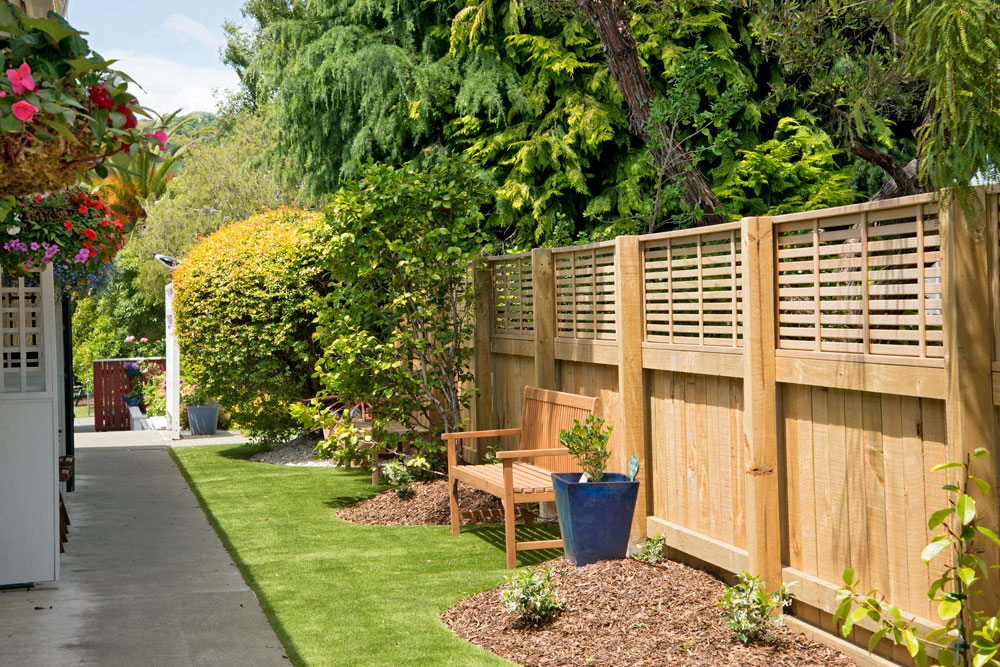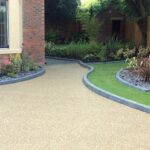As environmental concerns grow, water conservation has become a top priority for landscapers in Leamington Spa. With the region’s temperate maritime climate, responsible water management is crucial for maintaining healthy landscapes while minimizing waste. Here are some effective water conservation tips that landscape gardeners leamington spa can implement to create sustainable and beautiful gardens.
1. Choose Drought-Resistant Plants
Selecting the Right Species: Incorporating drought-resistant and native plants can significantly reduce water usage while enhancing the beauty of your landscape.
Implementation Tips:
- Native Varieties: Choose plants that are native to Leamington Spa, as they are adapted to local weather conditions and require less water.
- Xeriscaping: Incorporate xeriscaping techniques, which focus on using drought-tolerant plants and minimizing turf areas.
- Succulents and Grasses: Consider incorporating succulents and ornamental grasses that require minimal watering once established.
2. Improve Soil Health
Enhancing Soil Quality: Healthy soil retains moisture better, reducing the need for frequent watering.
Implementation Tips:
- Organic Matter: Incorporate organic matter like compost to improve soil structure and moisture retention.
- Mulching: Apply a layer of mulch around plants to reduce evaporation, suppress weeds, and maintain consistent soil temperature.
- Soil Testing: Conduct soil tests to determine nutrient levels and amend the soil accordingly for optimal plant health.
3. Implement Efficient Irrigation Systems
Optimizing Water Use: Utilizing efficient irrigation systems can significantly reduce water waste and ensure plants receive adequate moisture.
Implementation Tips:
- Drip Irrigation: Consider installing drip irrigation systems that deliver water directly to the root zone, minimizing evaporation and runoff.
- Smart Controllers: Use smart irrigation controllers that adjust watering schedules based on weather conditions and soil moisture levels.
- Rain Sensors: Install rain sensors that automatically suspend irrigation during rainfall to prevent overwatering.
4. Water at the Right Time
Timing Your Watering: When and how you water can greatly impact water conservation efforts.
Implementation Tips:
- Early Morning Watering: Watering early in the morning reduces evaporation rates, ensuring that plants absorb more water.
- Avoid Midday Watering: Avoid watering during the hottest parts of the day, as much of the water will evaporate before it reaches the plants.
- Deep Watering: Water deeply and less frequently to encourage deep root growth and improve drought tolerance.
5. Collect Rainwater
Utilizing Natural Resources: Collecting rainwater is an effective way to conserve water and reduce reliance on municipal supplies.
Implementation Tips:
- Rain Barrels: Install rain barrels to collect runoff from roofs, providing a free and natural water source for gardens.
- Rain Gardens: Design rain gardens to capture and absorb rainwater runoff, promoting natural filtration and reducing erosion.
6. Design for Water Efficiency
Creating a Sustainable Landscape: Designing landscapes with water conservation in mind can enhance their beauty while reducing water consumption.
Implementation Tips:
- Group Plants by Water Needs: Arrange plants with similar water requirements together to create microclimates and streamline watering.
- Use Hardscaping Wisely: Incorporate permeable paving and stone pathways that allow water to infiltrate into the soil rather than run off.
- Contour Gardening: Use contour gardening techniques to direct rainwater to plant beds, minimizing runoff and maximizing absorption.
7. Educate Clients and Community
Promoting Awareness: Educating clients and the community about water conservation practices is essential for fostering sustainable landscaping.
Implementation Tips:
- Workshops and Seminars: Offer workshops or seminars on water-efficient gardening techniques, showcasing successful projects.
- Informational Materials: Provide clients with brochures or handouts detailing water conservation practices and tips for maintaining their gardens.
- Community Involvement: Engage in community programs that promote water conservation and sustainable gardening practices.
Conclusion
Water conservation is a vital consideration for landscapers in Leamington Spa. By implementing these tips—choosing drought-resistant plants, improving soil health, using efficient irrigation systems, timing watering appropriately, collecting rainwater, designing for efficiency, and promoting awareness—landscapers can create beautiful, sustainable landscapes that thrive while minimizing water usage. With responsible practices, we can all contribute to a greener future for our gardens and the environment.

